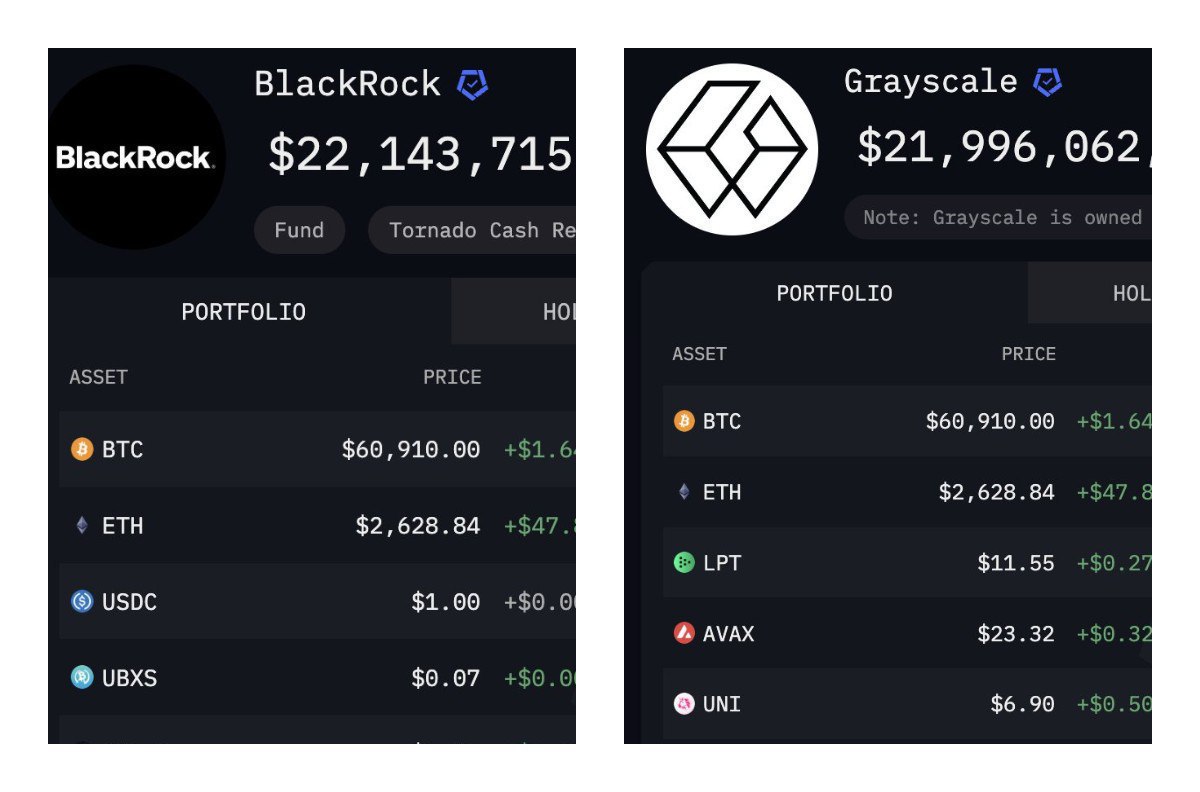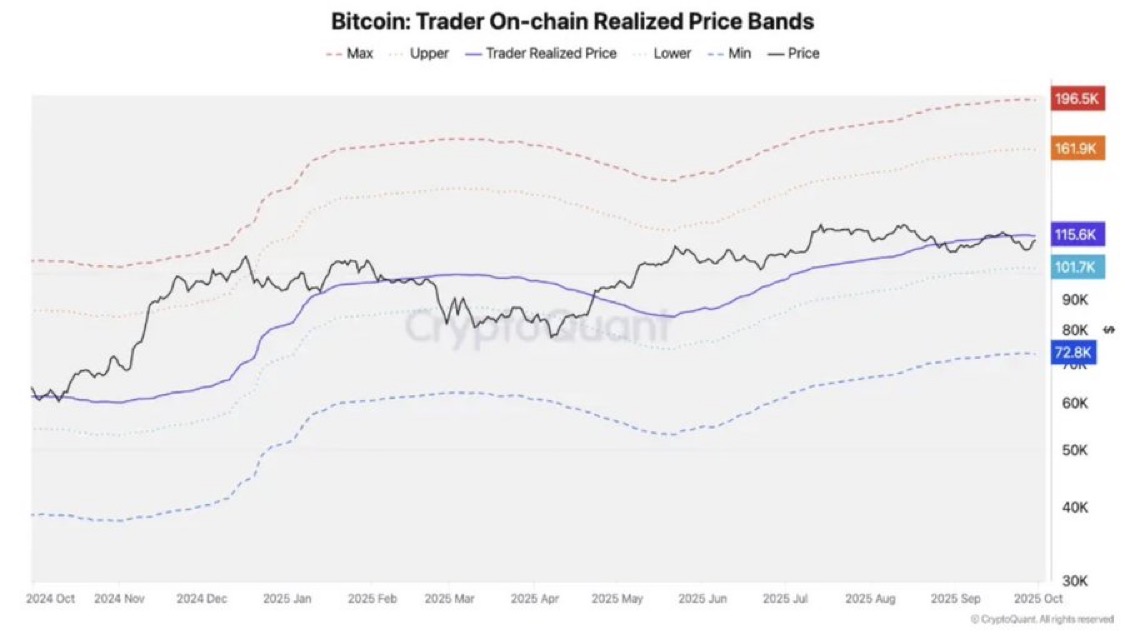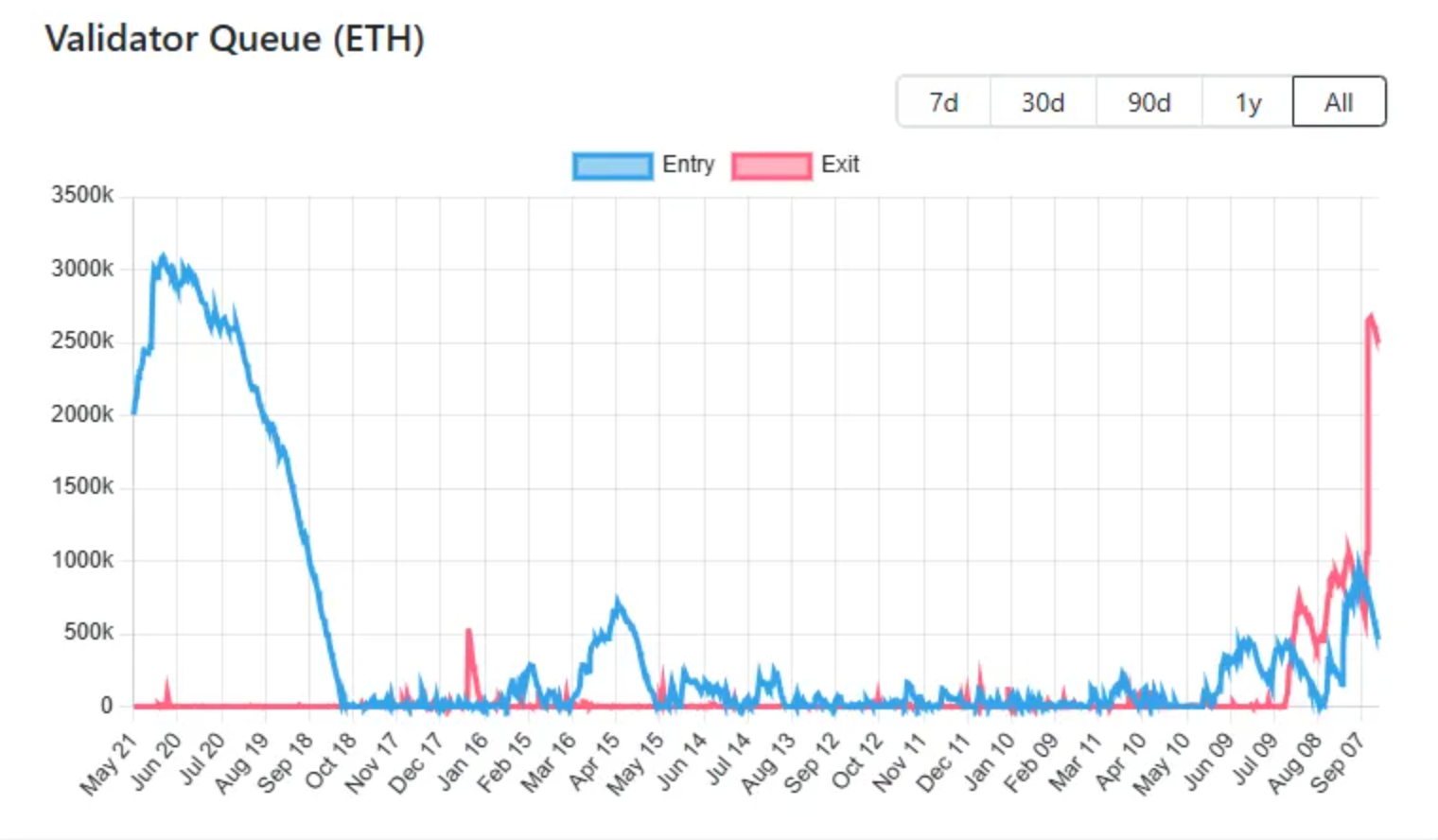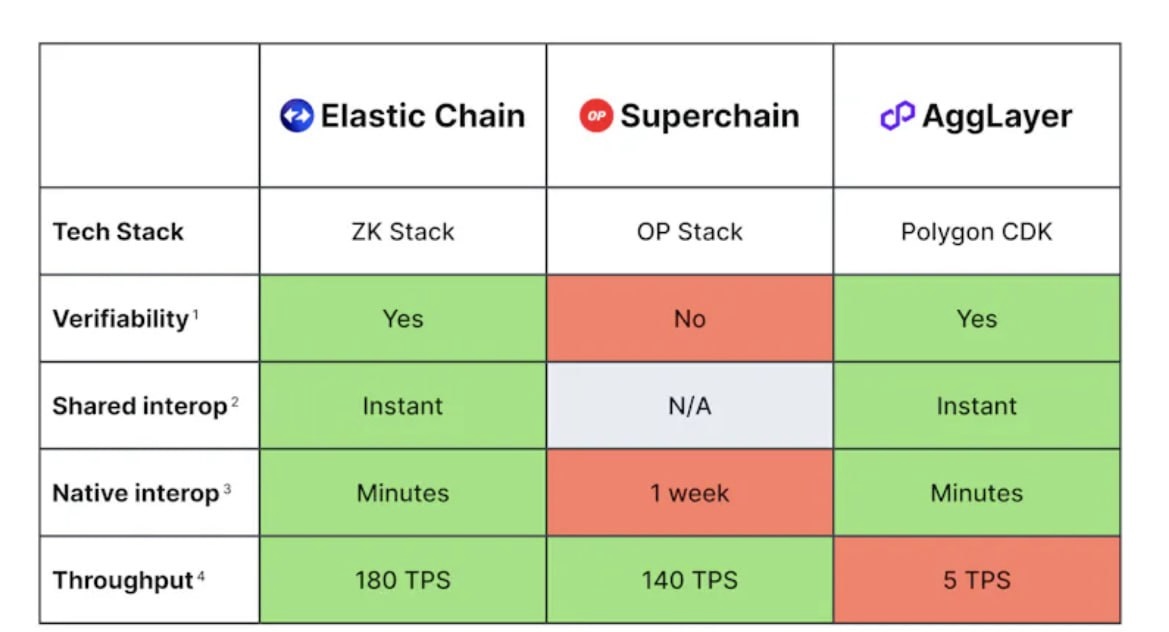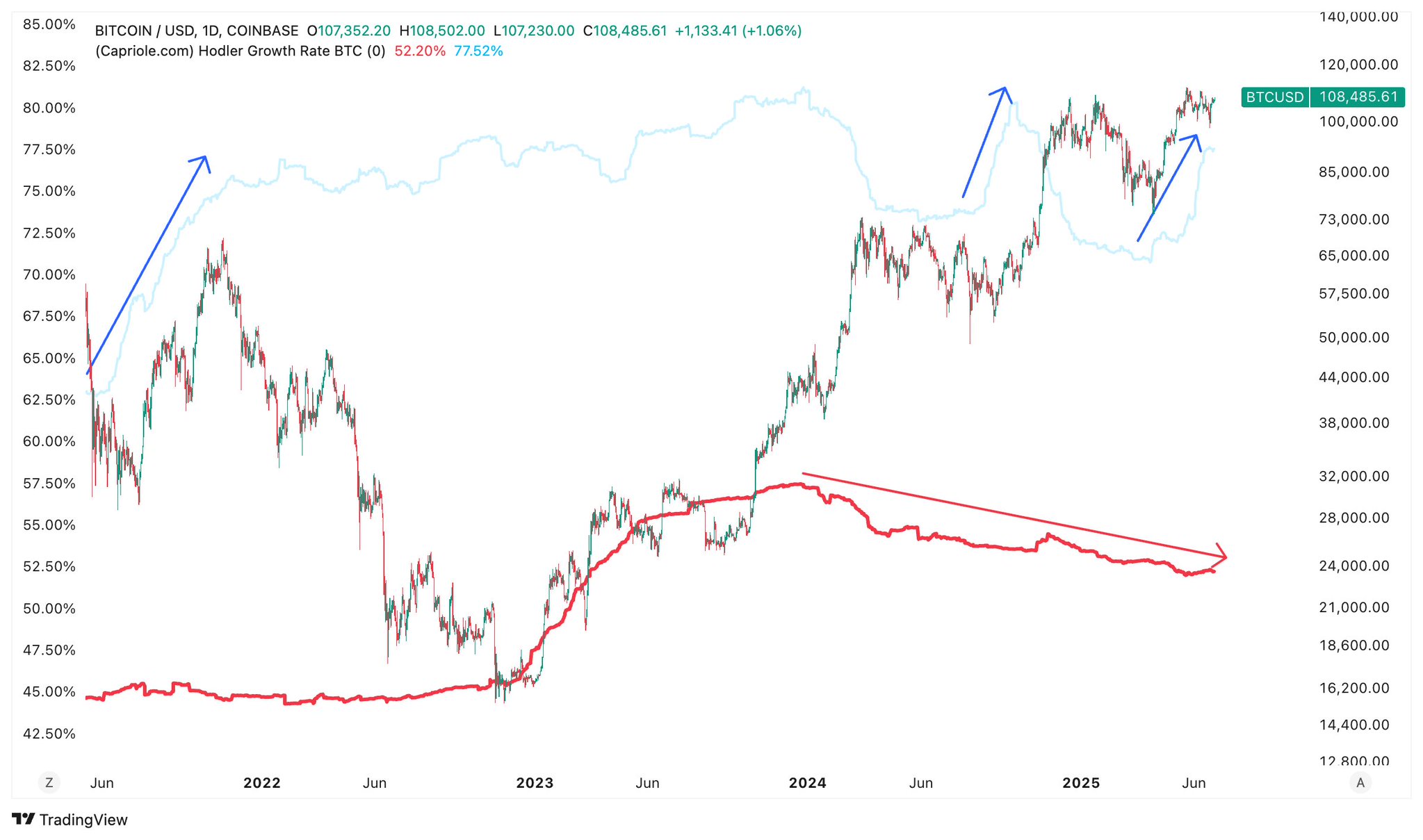The U.S. Securities and Exchange Commission (SEC) has officially begun reviewing a proposal submitted by the Chicago Board Options Exchange (CBOE) to list a spot exchange-traded fund (ETF) based on the cryptocurrency TRON (TRX). The investment product is developed by Canary Capital and is notable for including a staking feature—potentially making it the first ETF in the U.S. to combine crypto asset exposure with blockchain-based yield generation.
BitGo, a well-known provider of custodial services, has been appointed as the asset custodian, ensuring regulatory and security compliance.
The SEC has issued a public notice inviting stakeholders to submit written comments on the proposed rule change. Such calls for feedback typically precede preliminary rulings and are used to gauge market and legal opinions.
TRON and the Appeal of Staking-Enabled ETFs
TRON is a deliberate choice. The network, known for its scalability and low transaction fees, plays a key role in Web3 and decentralized applications (dApps). Its Delegated Proof-of-Stake (DPoS) model allows for accessible and efficient staking—an attractive feature for passive investors.
Including staking within the ETF structure would mark a major shift in institutional crypto investing, enabling traditional investors to earn blockchain-native rewards without leaving the regulated financial system.
Growing Pipeline: Over 70 ETF Proposals Await SEC Decision
As of May 2025, the SEC is reviewing over 70 applications for cryptocurrency-based ETFs. These include funds based on Bitcoin, Ethereum, XRP, Solana, Dogecoin, Litecoin, Sui, Hedera, and more. The market anticipates that 2025 could become a turning point for regulated digital asset investment vehicles.
On May 22, the SEC postponed decisions on several high-profile ETF proposals, including:
- XRP ETF from Bitwise
- XRP and LTC ETFs from CoinShares
- Physically settled Bitcoin ETF from Fidelity
These delays are part of the SEC’s usual approach, often used to extend review periods for more in-depth analysis.
Outlook and Approval Odds: Who’s in the Lead?
According to Bloomberg analysts James Seyffart and Eric Balchunas, the SEC is expected to approve a broader range of crypto ETFs no earlier than Q4 2025, when key decision deadlines arrive. However, if the regulator adjusts its stance on staking, approvals may come as early as late June or early July.
Seyffart emphasized that:
“An early approval would be a break from regulatory norms, even if the SEC becomes more crypto-friendly.”
Their rankings for current ETF proposals are as follows:
- Litecoin ETF – 90% approval likelihood
- Dogecoin ETF – 75%
- Solana ETF – 70%
- XRP ETF – 65%
Notably, TRON was not listed among the top contenders, potentially due to concerns surrounding founder Justin Sun and past regulatory scrutiny.
VanEck and Industry Pressure for Staking Integration
Canary is not alone in pushing staking-based products. In early May, VanEck filed for a BNB-based ETF that includes staking functionality. The move signals growing institutional demand for yield-generating crypto funds.
In January, ConsenSys founder Joseph Lubin noted that issuers of Ethereum spot ETFs are actively lobbying the SEC to permit staking, expressing hopes for “imminent” approval.
What’s at Stake?
If approved, the TRON ETF could set a regulatory precedent by legitimizing staking within publicly traded funds. This would pave the way for similar offerings tied to proof-of-stake (PoS) blockchains and enable investors to benefit not only from market performance but also from on-chain participation rewards.
Until now, the SEC has been cautious about staking, citing concerns about legal classification and investor protection. But the sheer volume of applications—and mounting pressure from large financial players—may soon push the regulator to evolve its stance.

